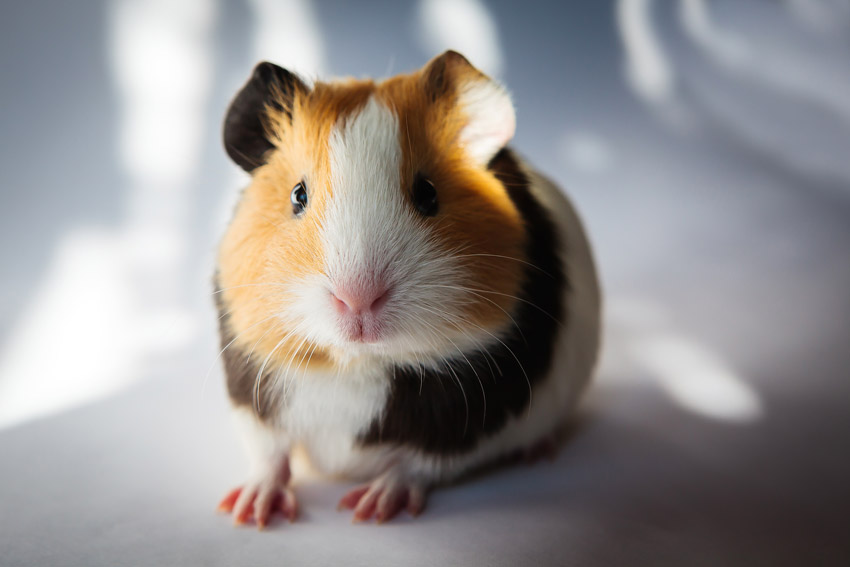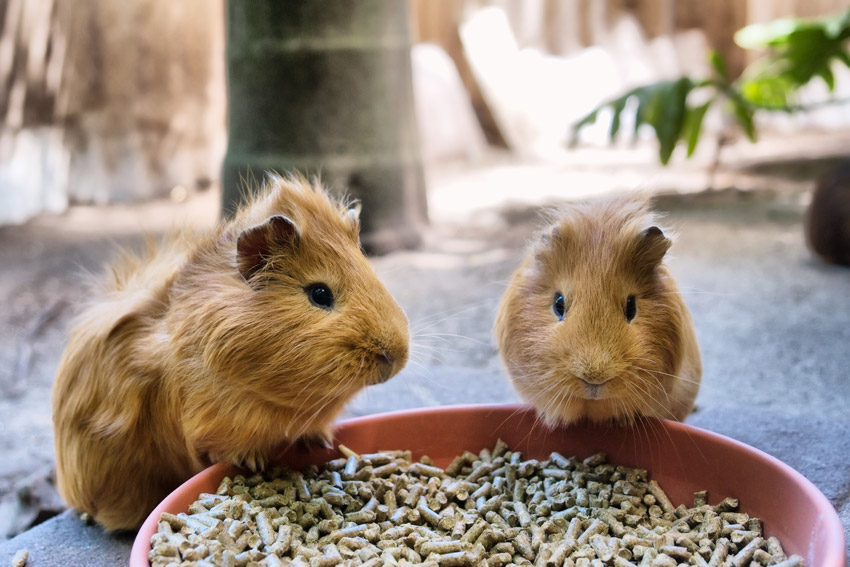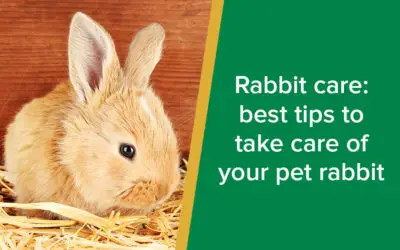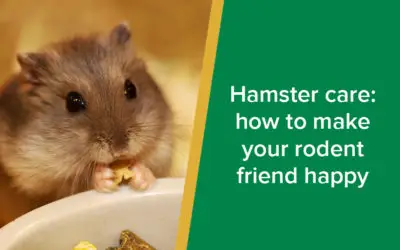Guinea Pigs are small rodents related to chinchillas and degus. They are social and active animals, and in the wild live in large colonies. Because of this they should not be kept alone – pairs or threes work well, but remember if they are different sexes then the boys should be neutered. Guinea pigs make gentle and friendly pets, they rarely bite or scratch if well handled, and they have a range of vocal calls which you can learn to recognise. They live around 5-6 years.

Guinea pig housing
Guinea pigs can live indoors, or outdoors with a run over the warmer months. Their housing should be as big as possible to allow them to exercise – at least 120cm x 60cm for 2 guinea pigs, and high enough that they can stand up. Their hutch should be easy to clean but have a solid (not wire) floor so that they cannot hurt their feet. The bedding should be absorbant eg newspaper and woodshavings, or compressed paper, with plenty of hay for nesting (and eating) and it is important to provide covered areas and boxes or igloos for your piggies to hide in and sleep. Housing should be cleaned at least weekly.
Guinea pigs like to chew so you can add in cardboard tubes or fruit tree wood (eg apple). They love getting outside onto grass in the summer, but make sure that any outdoor run is sheltered from extremes of temperature and draughts, escape proof, safe from predators, and in a quiet area as loud noises are very scary to guinea pigs. Tubes, boxes and tunnels are great additions to the run, allowing the piggies to chase about and hide.
Guinea pig diet
In the wild, guinea pigs are herbivores and spend long parts of the day grazing. They need lots of fibre in their diet to encourage chewing and normal tooth wear, and for digestive health. So they should always have good quality hay (not alfalfa) available and fresh water. Hay or grass should form the main part of the diet – 80-90%. Grass and greens eg kale, dandelion leaves, spinach, parsley should be offered daily with a small amount of fruit or vegetables like carrots, broccoli, or melon. Lawnmower cuttings or frosted grass should never be fed. Lastly a commercial guinea pig pellet should be offered, not a muesli type mix as this can often lead to selective feeding – that is, only eating parts of the food (usually the high sugar or starch parts), which can lead to obesity and digestive problems.
Guinea pigs cannot make their own vitamin C and can become ill if they do not have enough, but leafy greens and pelleted foods contain this. However Vitamin C in food decreases with time and warmth, so do not allow the same pellets to sit for days in the bowl, and do not use an open bag for too long. Ideally only 1-2 tablespoons of dry pellet per guinea pig should be offered daily (depending on the weight/age of the piggies) as this can easily lead to weight gain.

Health problems
If looked after well, guinea pigs are quite robust pets and do not tend to have many health problems. However because they are prey species they can hide signs of illness, so it is vital to monitor for any changes in behaviour – quieter than normal, hiding away more, eating less or passing fewer droppings than normal. If you are worried at all, or are concerned about any illnesses, please contact us.
- Dental disease can be a problem as your guinea pigs’ teeth grow continuously throughout their lives, so if they are not worn down by chewing, the teeth can grow too long causing serious problems. This is preventable by feeding ad lib hay and grass. Watch out for wet faces, poor appetite or a dirty bottom.
- They can be prone to itchy skin from mites although this can be easily treated
- Fly strike in the summer – if they have wet bottoms, or droppings stuck to their back end, they will attract flies in the summer, which can lead to “fly strike” caused by maggots, which can be fatal. Guinea pigs should be checked and cleaned regularly especially in the warm months.
- Occasionally straw or hay can scratch their eyes leading to sore, red or watery eyes.
- Sore hocks are red scabby areas on the back feet. They can be caused by weight issues or wet bedding and should be treated promptly to prevent infection
Guinea pigs love to exercise and play, and as well as being great fun, it also helps them stay healthy by preventing obesity and encouraging their guts to work properly.
It is important to remember that guinea pigs do not like rapid changes – to diet, housing, or temperature – as this can cause stress and stop them eating. Any changes must be gradual.


